Interview: Lost Salt Blood Purges
Michael Snoxall is the mind behind the experimental, boundary defying act Lost Salt Blood Purges. His album ONLY THE YOUNGEST GRAVE is one of our favorite releases so far in 2016. Our music editor, Carter Moon, sat down with Snoxall to discuss his music, his collaborative processes, and his perspectives on nature, life, and death. You can check out all of his music here.
Let’s start with the very basics, where are you from and where did you grow up? Has this had any impact on your sound or style?
I grew up in Melbourne, Victoria. I can’t say if there’s any conscious influence I take from my environment, I just sort of exist here. On a different level I suppose I take a lot of inspiration from suburban environments and hot weather because I naturally associate them with death metal. I don’t know if the association came from the parallels between my environment and that of the famous Floridian death metal scene, or simply because I first started listening to EFFIGY OF THE FORGOTTEN in the summer when I was younger. It may seem irrelevant just bringing death metal up, but as a person, and musically, nothing has ever connected with me as much as death metal has. The imagery, the scenes, the places, the music, it evokes many deep, nostalgic feelings that inspire me.
Every day I’ll take a long walk with my dog around my suburb, and the environment definitely sort of shifts my perspective. It’s relaxing and I like to imagine that simple, boring places like that of a suburban street or park are the same places that some of the most monstrous, ugly, and heavy music ever conceived were born from. So my inspiration isn’t necessarily from, say, the fantasy itself. But what the fantasy was born from. In a way, it’s just thinking about this that makes me feel that no matter how ordinary or un-fantastical my setting is, I can still create and admire these universes where anything magical can happen. So, yes, I’d say this has had an impact on my music, but not directly. While the sounds of my surroundings and city have been used to help create my music, I don’t believe it’s directly because of this place, but just because I can use what I have here. And that would go for any place I lived or grew up, I suppose.
Lost Salt Blood Purges is an intriguing name. Where does the name come from?
In about 2011 I was in my final year at school. In English class we were studying a book of short stories by Alistair MacLeod called THE LOST SALT GIFT OF BLOOD. I can’t remember exactly what my thought process was or how I ended up at Lost Salt Blood Purges, but it just stuck with me as a name. I used it as a line in a poem I wrote not long after, and then after that I started recording some songs on a drum kit and a harmonica and just dubbed it “Lost Salt Blood Purges.” Nothing much came of that, but eventually when the project began to actually become tangible and real, the name was still there. I’m attached to it now.
Who would you cite as some of your biggest influences, both musically and in any form of art in general?
As mentioned earlier, my biggest inspiration for almost everything is death metal. It’s difficult to explain how, but there are so many aesthetics and angles and inspirations I draw from every single aspect of how the genre was born, how it developed, how it sounds, and everything in between. I’m obsessed with it. But that’s more of a general influence. Aesthetically, Lost Salt Blood Purges has been inspired to a much greater degree by black metal and ritual ambient music. Ambient, black metal, ritual aesthetics and occult themes are all naturally just linked to each other. They all coalesce beautifully. And while they all work well on their own, it inspires me the most to hear all the beauty and ugliness of these sounds either warring with one another or just working together. The black metal influence is more in terms of themes, imagery, aesthetic.
When it comes to the purest influence of direct sound, the most noticeable influences are Phil Elverum, Toby Driver, Keiji Haino, Ben Frost, Michael Gira, Tim Hecker, and Liz Harris. These are first and foremost influences, the ones I’m also compared to the most. But [I’m] obviously not restricted to them. The writings of Thomas Karlsson are greatly influential to LSBP’s music, as well as old horror films like CANNIBAL HOLOCAUST or SUSPIRIA. When it comes to influences, I could sit here listing bands and musicians all day, but I won’t bother. Though I will say specifically that Vasilisk’s album ACQUA is something I wanted to recreate the feeling of with ONLY THE YOUNGEST GRAVE. The album starts off with such a gorgeous ambient and acoustic guitar piece, and is followed by some of my favourite tribal ambient music of all time. That juxtaposition of modern instrumentation and ancient culture is exactly what I was aiming to create with ONLY THE YOUNGEST GRAVE.
There’s quite a bit of occult and pagan imagery in your album artwork, almost like a black metal act, yet your music couldn’t quite be classified as black metal. What is your relationship with the occult and paganism, if any?
I’m highly interested in occult themes and history. I study Qabalah and love the varying interpretations of ancient religious texts and themes. There’s so much depth and fantasy to it all. And it is undoubtedly one of my biggest influences. As I mentioned before, in particular, I am quite fond of Thomas Karlsson’s writing. I still have much more to learn, though; many books to read, many paths to follow, many of my own conclusions to draw. It’s all like piecing together a big tapestry, choosing which ideas and beliefs and ideals and stories you want to make part of you.
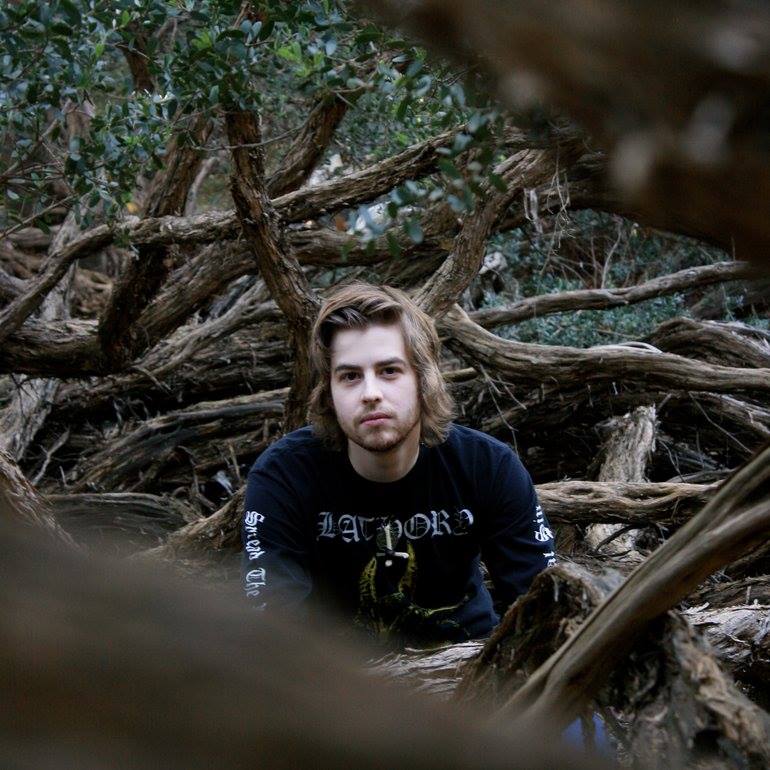
What music did you grow up listening to and how has your musical taste changed over time?
My musical taste started out with punk and hip hop music. My brother was a teen listening to lots of Bad Religion, Mistfits, Jurassic Five, Frenzal Rhomb, etc., so I naturally attached myself to that stuff as well, eventually getting pretty into classic rock and metal like Black Sabbath, Deep Purple, AC/DC. I eventually started getting into more and more music, and I remember Opeth being the band that got me into death metal, a style I hated at first but tolerated because of Opeth’s beautiful melodic passages and clean vocals. After a time, I grew to love the harsh growls, which I find slightly weird since I had no trouble loving hard and haphazard hardcore like Black Flag and Discharge from a young age. Everything else is just details I can’t remember. I can’t tell you about how I started listening to increasingly abstract music, drone, ambient, noise, EAI, avant-garde, etc. I don’t even remember when I first started listening to jazz. It’s all just irrelevant to how things affect me now.
Do you write music entirely alone or is there a collaborative element to your songwriting process? There are other musicians credited for pieces of ONLY THE YOUNGEST GRAVE and you have a new split out with Volcanic Queen. How much influence and sway do these other artists have on your sound?
Most of the music is written by me, and a lot of the ideas are mine, but I’ll admit that ONLY THE YOUNGEST GRAVE would be nothing without the contribution of my collaborators. The two neofolk pieces that are on the first disc were composed by Tom Snelgrove, a friend of mine who composes many beautiful acoustic pieces. He supplied me with the guitar parts and I layered them with my noise, ambient effects, percussion, flutes, and vocals. Every piano piece on the album was written entirely by Tyler Shap, with the exception of “Blood Communion to the Port Saint.” Tyler would just send me some field recordings or piano recordings he had come up with, and I would pick them apart for things I could use. But I wrote the melody for “Blood Communion…” and asked Tyler to play it a bit more eloquently for me. And the guitar work by Mark Stebbing was more closely orchestrated by me. Not to say I wrote his parts, but I had very specific ideas that he helped bring to life, whereas the other two musicians just did their own thing, for the most part.
For “Aura of Silent Moors and Their Chambers,” I was specifically inspired by Kayo Dot’s “The Marathon,” and asked Mark to help me create my own sort of “spiritual successor” to a specific guitar section in that track, and he sent me that beautiful guitar solo that I laced with some very subtle ambiance and noise parts. After that I asked Zachary Lindsay of Volcanic Queen to help out by adding his own contributions to the track, which he did a spectacular job with. The guitar part he played in “Lanthanesthai” was directly influenced by Hexvessel and an Icelandic ritual ambient band called NYIÞ, and I asked Mark to follow my drum lines and try to create something with the vibes of these bands. He was great to work with because he seemed to know exactly what I wanted and went about creating the perfect guitar pieces. When it comes to the rest of the music on the album, I did the main composition and instrumentation for all tracks. While my collaborators weren’t directly involved in the overall composition, they definitely composed all their own parts that changed the direction of many songs (for the better).
Are there specific emotions you try to summon in people through your music? Does your music act as a method of dealing with emotions of your own?
I don’t really go into anything with a specific emotion or feeling in mind. I just have an itch that always needs scratching. If I’m not working on something I feel anxious. Whatever feelings people take from the music is for them only. I don’t really dictate how it’s supposed to feel. I don’t feel depressed and make a depressing song. I don’t feel happy and make an upbeat one, or something. Whatever comes, comes.
What is your relationship with death? How does death influence your art?
Death is everything. It’s the only one inevitable conclusion. I suppose it just feels natural that it inspires so much of everything I love; the occult, death metal, my music. It’s so common, so vividly real, but it feels so foreign and impossible to understand.
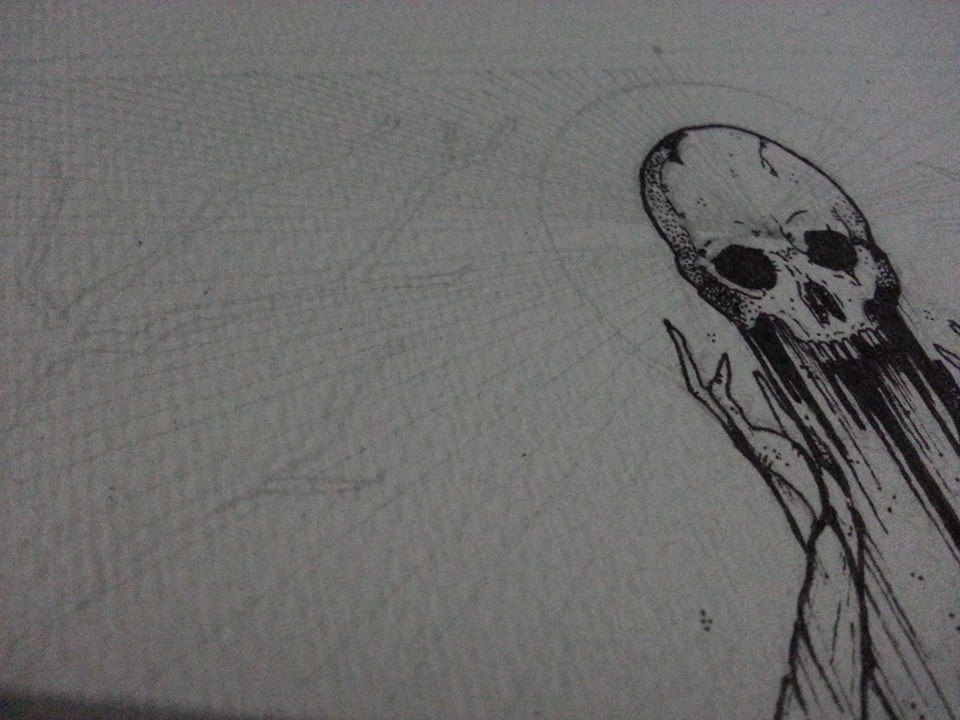
Despite your use of vinyl and tape manipulation, there’s a very organic and earthy sound to a lot of your music. Am I correct in sensing that? Do you have a relationship with nature and does that influence your sound at all?
I went into ONLY THE YOUNGEST GRAVE with the specific idea to make it sound more organic and analogue. My previous album, THE VOIDS WE ALL LONG FOR, was very electronically based with these unnatural sounds. I wanted to feel more natural this time around and [I] created something that very much reflected my love of nature, the world, and the earthiness of feeling. A lot of the noise was derived from field recordings in nature.
How did you develop your combination of manipulated audio as well as acoustic instrumentation to create your sound? Did it come about through accidental experimentation, or was there something more to it?
It’s just something that came around through experimentation. I’m always learning, trying new things. Some things work, some don’t. I started out playing with just my voice, an acoustic guitar, and a drum kit and did that for a while, eventually experimenting with more and more ideas, programs, ways of recordings, effects, etc. It’s all a very long process and I couldn’t tell you how I created most of what I did. Many of my favourite elements are just happy accidents.
Do you perform live? If so are there any upcoming shows you’d like to promote? If you don’t, is there a reason for not performing live?
The only thing that’s stopping me from performing live is just finding the right musicians to play with. I hope to, one day, but right now I can’t see it happening soon.
At the beginning of “Oneiric” on ONLY THE YOUNGEST GRAVE, there’s an audio sample of a voice saying “Create for yourself your own little world, away from our noisy and crowded existence.” Who is that voice?
That voice belongs to Shanti Gowans. [It’s] from an old relaxation and meditation tape.
Are these instructions on how to listen to the album or instructions on how to live?
I viewed them as an appropriate way to enjoy the album, but you can interpret them any way you like.
Thank you so much for taking the time do this interview and for making the music you make. It’s truly inspiring and humbling to take in.

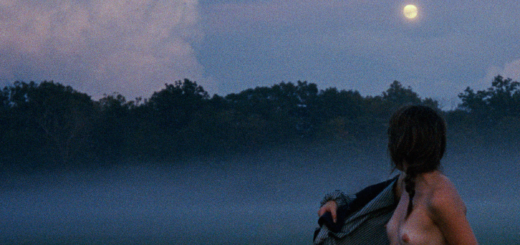
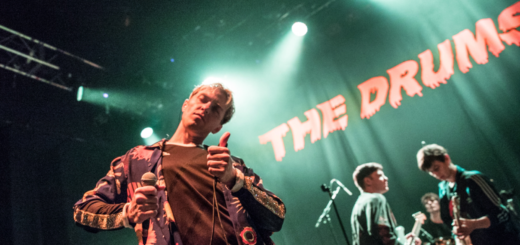
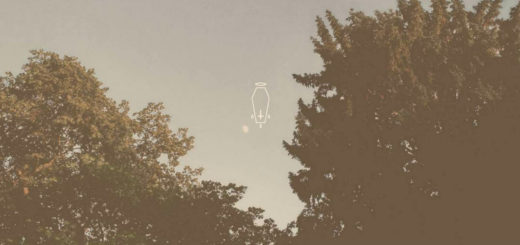
LOL i know this guy IRL and he’s a giant pussy